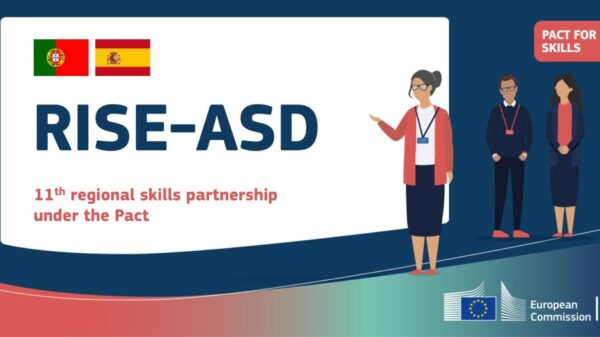New country, new job, new school – and a whole new set of problems? Navigating the schooling system in an unfamiliar country doesn’t have to be a pain if you have the right information.
About 17 million Europeans are currently living and working abroad, and that percentage keeps growing as EU labour law allows the seamless movement of EU citizens between countries. However, it is one thing to move on your own or with a partner, and a very different experience when you have children whose needs take centre stage. For parents of school-age children, education in the new country of residence becomes a primary concern.
The straightforward rule is that children of EU citizens can attend school in any EU country under the same conditions as children who are nationals. This means that they will be placed in a class that corresponds to their age and their educational level back home. However, prior to your move, you will still need to prepare for the following.
School choice
If you are moving to a big city, you might be faced with choices when it comes to schools. In some European countries, for example in Ireland, there is a wide variety of primary and second-level schools from which you can choose; you might also have the option of either state-run or international schools, as, for example, in Luxembourg. In Spain, there are public, state-subsidised private, or private schools. In other countries, for example in France and in Poland, the primary school your child will attend is decided upon catchment area.
Enrolment
Documents for enrolment may vary from country to country, but as a rule of thumb, for each of your children you should have a file containing the following: previous school transcripts (plus the originals for verification), any language certificates, as well as immunisation and recent medical records. You might be asked to provide formal translations of the above documents. If your child has special needs, you will need to also provide a medical assessment document.
Language barriers
Moving to a new country is the perfect opportunity to master the local language, but it can be daunting for children at first. According to Council Directive 77/486/EEC, children of EU nationals moving to another EU country for work are entitled to receive free language tuition in the host country to help them adapt to their new school and life. A EURES Adviser can help you navigate unfamiliar educational systems and access language courses in any European country.
Impact of move on children
Finally, apart from the practical issues highlighted above, you will also need to consider the social and psychological impact of the move. Younger children tend to adapt more easily to new environments and have less trouble integrating and making friends, whereas these changes seem to be harder for teenagers. You can support your child by providing them a safe environment at home, where they feel ‘anchored’ and understood until they start feeling more comfortable. It might also be helpful to encourage them to take part in school activities, sports, field trips, etc., as it will give them a sense of involvement and belonging. Most schools also offer counselling services that can help in these transitional periods.
EURES Advisers are always available to assist you in the process of moving abroad, from solving work-related issues to providing support related to children who are relocating with you.
Related links:
Your Europe – Starting school in another EU country
European Labour Authority (ELA)
Read more:
Find EURES Advisers
Living and working conditions in EURES countries
EURES Jobs Database
EURES services for employers
EURES Events Calendar
Upcoming Online Events
EURES on Facebook
EURES on X
EURES on LinkedIn
EURES on Instagram































